Aluminum foil is a staple in most households. Known for its versatility and convenience, it’s frequently used in cooking, baking, grilling, and even for some DIY projects. However, despite its widespread use, many people are unaware of the potential hazards associated with improper usage of this household item. From safety risks to health concerns, the misuse of aluminum foil can have unexpected consequences. Awareness of these risks is vital to ensure you only use aluminum foil safely and responsibly. In this post, you will find a list of some of the different things you should never do with aluminum foil.
Contents
The Properties Of Aluminum Foil
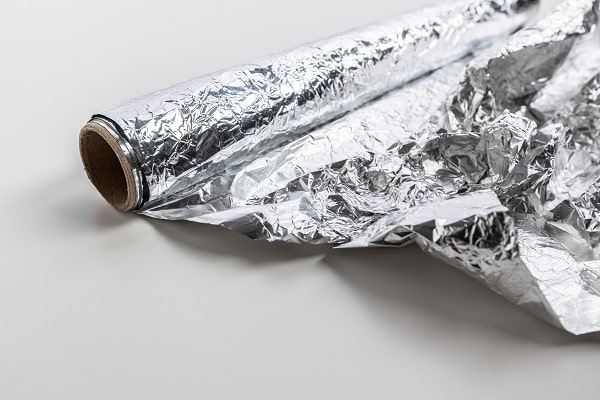
Aluminum foil is a fascinating material with a range of unique properties. For starters, it’s incredibly thin – usually only a few thousandths of an inch thick – yet it’s strong and durable enough to form a protective layer around almost anything. Additionally, it’s an excellent conductor of heat, meaning that it can be used to cook or keep food warm without becoming damaged or deformed.
But perhaps one of the most impressive aspects of aluminum foil is its ability to block out light and other electromagnetic radiation, making it an essential barrier for everything from packaging to insulation. Whether you’re using it to wrap up leftovers or to protect sensitive equipment from interference, aluminum foil is an incredibly versatile material. However, the following are examples of ways to never use it!
Using It In The Microwave
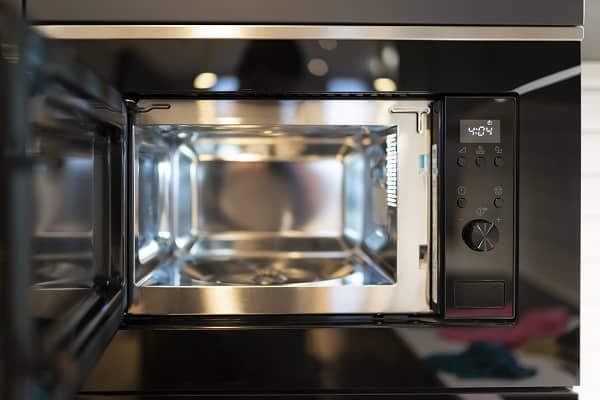
Microwaving food covered in aluminum foil can pose a serious risk. Aluminum foil is a metal, and when microwaved, it can cause sparks, leading to a fire in your microwave or kitchen. These sparks can damage the microwave’s interior or, worse, ignite a larger fire. It’s crucial to understand this hazard to prevent any accidents in the kitchen.
Furthermore, even if no sparks are visible, the microwaves can still heat the thin foil, causing it to become excessively hot and possibly burn the food inside or your hand when removing it. As an alternative, consider using microwave-safe covers like wax paper, kitchen parchment paper, or white microwave-safe paper towels when heating food in a microwave.
Cooking Acidic Foods In It
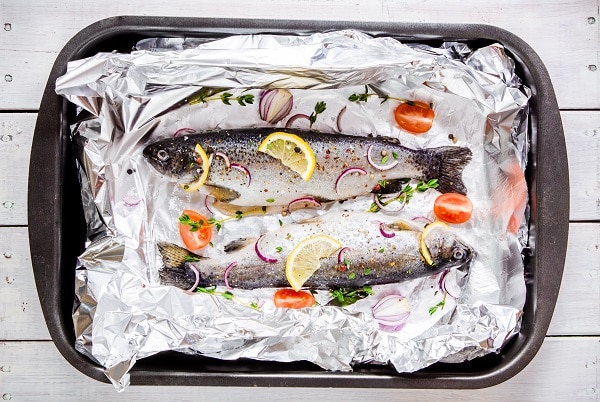
Cooking acidic foods in aluminum foil can result in an unwanted chemical reaction. When aluminum comes into contact with certain acidic foods like tomatoes or citrus fruits, it can leach into the food. This reaction not only alters the taste of your food, making it more metallic, but it can also raise health concerns over long-term exposure.
According to research, consuming high amounts of aluminum can lead to health issues like reduced growth of human brain cells. Instead of aluminum foil, consider using glass or ceramic dishes to cook your acidic foods. These materials do not react with acidic foods and are safe to use under high temperatures.
Using It With Non-Stick Pans
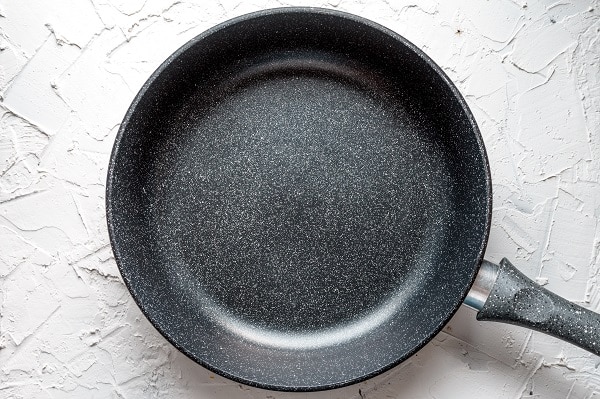
Using aluminum foil with non-stick pans may seem like a good idea to keep your pans clean and scratch-free, but it can lead to problems. The friction between the foil and the pan can scrape off the non-stick coating, especially if the foil is moved around. Ingesting this coating, even in tiny amounts, can be harmful.
Moreover, aluminum foil can interfere with the even heat distribution on the pan’s surface. This might lead to uneven cooking and even burning of food. Instead, try using parchment paper or simply cleaning your non-stick pans carefully after use to prolong their lifespan.
Reusing It
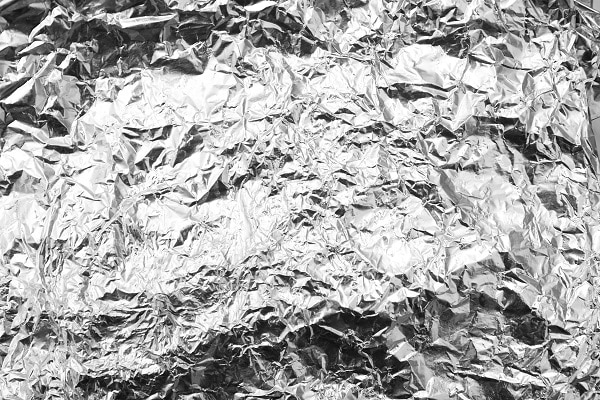
While it’s a common practice to wash and reuse aluminum foil, it isn’t always safe or hygienic. Small tears and crevices can form in the foil during use, which can harbor bacteria and microorganisms. When you reuse the foil, these bacteria can contaminate your food, posing a risk of foodborne illnesses.
Apart from hygiene issues, reusing aluminum foil can also lead to chemical leaching if used with the wrong types of food or under high heat. The best approach to address both these concerns is to limit reusing aluminum foil where possible and to recycle it properly when you’re done. Recycling programs for aluminum foil exist in many areas, contributing to sustainability efforts.
Using It As A Permanent Fixture
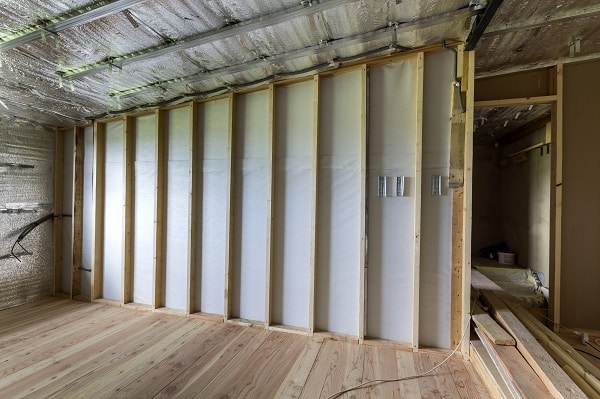
Aluminum foil is a temporary solution, and it’s unsuitable for permanent or long-term applications, such as insulating windows or lining the bottom of ovens. Using foil for these purposes can create a fire hazard, especially in high-heat situations like an oven. The heat can cause the foil to melt and could potentially result in a fire.
In addition, from an energy efficiency standpoint, using aluminum foil as insulation is ineffective. There are far more efficient and safe materials designed specifically for these applications, like proper window insulations or heat-resistant mats for ovens. These alternatives can provide better results and prevent potential hazards.
Making DIY Antennas
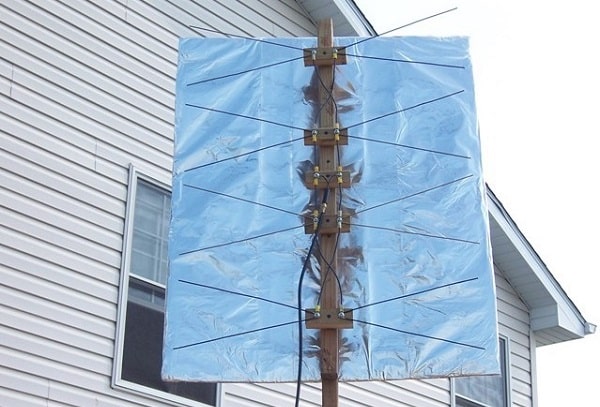
There’s a popular myth that suggests using aluminum foil can improve TV or radio signals when fashioned into a DIY antenna. While it’s true that aluminum foil can reflect radio waves, a makeshift antenna rarely provides a significant improvement and may even interfere with the signal due to improper placement or shape.
Moreover, using aluminum foil as a makeshift antenna can pose a safety risk. If the foil comes into contact with an electrical source, it could result in an electrical fire. Instead of resorting to makeshift solutions, consider investing in a proper antenna or signal booster designed for the purpose. This will ensure better signal reception and prevent potential hazards.
Wrapping Electronics
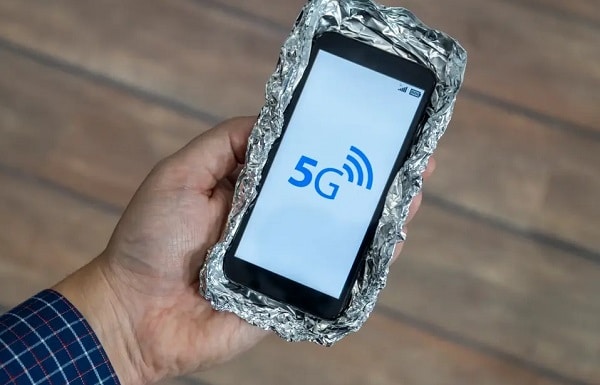
Protecting electronics from electromagnetic pulses (EMPs) using aluminum foil is another popular myth. While aluminum foil can provide some shielding from electromagnetic radiation, wrapping electronics in it is not an effective or practical solution. The improper application could even lead to static build-up, potentially damaging the electronic devices.
Instead, if you need to protect sensitive electronics, consider using specially designed anti-static bags or cases. These are designed to protect your electronics from EMPs and other forms of electromagnetic radiation. It’s also crucial to store electronics in a cool, dry place to prevent damage from temperature extremes and humidity.
There Are Somethings You Should Just Never Do With Aluminium Foil!
Aluminum foil is indeed a versatile kitchen staple, but like any tool, it has its limitations and potential risks. Whether it’s sparking a fire in the microwave, introducing unwanted chemicals into our food, or posing a fire hazard when used as a DIY fix, improper use can lead to unintended consequences. By understanding these risks and using aluminum foil safely and responsibly, you can protect your health, your home, and the environment. Above all, remember that while aluminum foil is recyclable, you should strive to minimize your use and dispose of it responsibly, keeping sustainability in mind!


